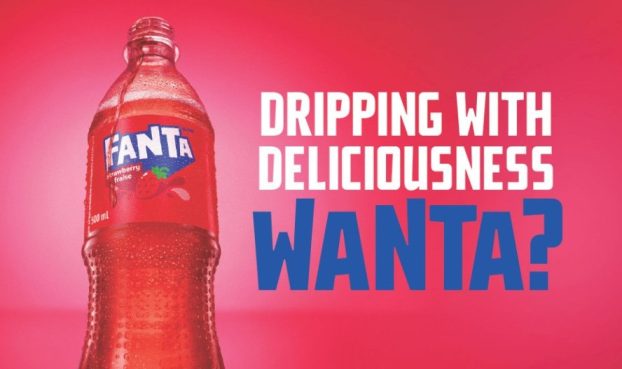The depression seems to be over in Montreal, but it appears it will be some time before a fistful of new, fat accounts open up, or before an existing fat account decides to take a chance on any of the city’s smaller agencies.
It’s time the advertising pie began to be reallocated in this city because the existing situation looks like China circa 1951 with a one- or two-company monopoly.
This is a guess, but, Cossette Communication-Marketing and bcp must have a combined hold on 80% of the business in Quebec, and something like a 90% hold on the really high-spending accounts.
Since 1992, bcp and Cossette have been picking up new accounts and winning account reviews at warp speed.
And, they’ve also been picking up every new, little piece of business the city was lucky enough to see.
This happened throughout 1994 as well.
Few of the city’s vast array of excellent small shops are even invited to pitch. Every time there is an account review or a short-list, we keep seeing the same five or six shops, all of them large by Quebec standards.
Ultra-predictable
And, then, surprise, surprise, bcp or Cossette wins it. It’s becoming ultra-predictable.
Both these companies do great work, but there are others out there who can use the work more, and can easily match the quality of their creative work.
bcp and Cossette aren’t winning the accounts because they have larger offices, larger media departments, older senior partners, or more pretty suits.
Then, what to explain this apparently inexorable tendency towards a one-/two-agency dictatorship?
Fear. Large agencies make clients feel safe. Like most people, clients are afraid of trying new things.
More timid
And, a depression makes them even more timid. There is a perceived safety/comfort factor in having a large shop working for you.
Yes, they might be a lot more expensive, but you don’t have to worry if something goes wrong because you did ‘the right and safe thing.’
Writing sometime in the early 1960s, during one of the golden eras in Western capitalism, just before his shop went public, David Ogilvy said he wished he had been building his agency in the 1930s.
He mistakenly believed the Depression of the ’30s had given many agencies the opportunity to pitch and win accounts that they would never otherwise have had a chance of winning.
He thought that the Depression forced people to take chances. Ha.
He couldn’t have been more wrong. In 1991, I was hoping he was right for selfish reasons.
Ogilvy was actually incredibly lucky to have been building his agency when he did. He would not have been nearly so successful today, definitely not from a home base in Montreal.
It would still be difficult today, even in New York or London.
And, the Saatchi brothers, and Martin Sorrell’s wpp would not be able to build today what they built in the 1970s and 1980s.
These people and their companies exemplified their times. Their leveraged buying sprees represented the culmination of a frenzy of economic activity that began following the Second World War.
David Ogilvy built his shop (in the 1960s) when wealth was being created, and the Saatchi brothers and Sorrell came along as the financiers who tried to find hidden value in what had been created.
Neither Saatchi brother has a seat on the board of the company he founded, and wpp was most recently half-owned by creditors.
Buyer beware
Some people made a lot of money thanks to these guys, but even more lost money. Buyer beware.
What this comes down to is, and this is by no means an insight, nor is it pessimism, self-appointed genius-gurus we advertising and pr people might be, we are but a tiny element in this thing called the global economy and the human condition.
The smart and creative are not running things. It’s everybody else.
We live in a frail and unpredictable industry that is, unfortunately, too closely tied to the performance of the rest of the economy.
Ad agencies are treated like rock stars during boom times, and whipped like dogs during bad times.
In a depression, there are two types of agencies that survive: the large, rich ones, and the small street-fighters.
Many of the clients in Quebec have it wrong. When the times get tough, the best people to help develop streetwise strategies are the streetwise.
Michael Judson is president of Judson Woods, a public relations and advertising company in Montreal.























